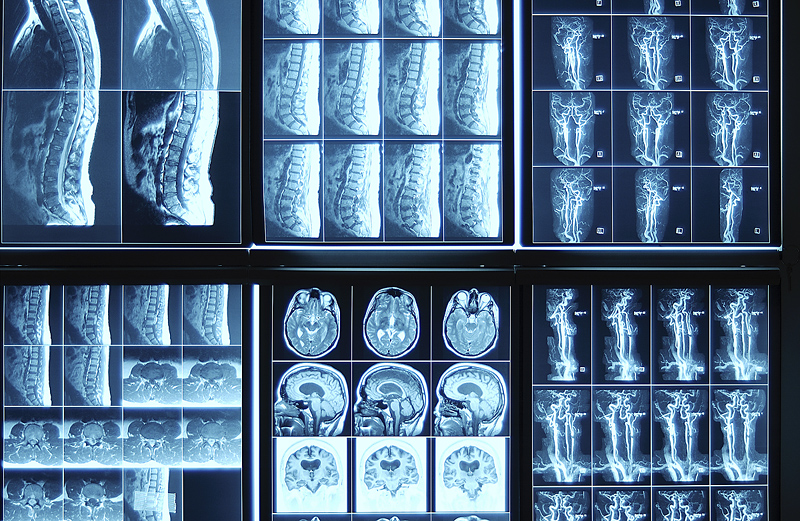FRIDAY, April 22, 2016 (HealthDay News) — From detergents to prescription medication, many common household items can poison children, an emergency medicine physician warns.
Prescription drugs are one of the main threats, said Dr. Wally Ghurabi, medical director of the Nethercutt Emergency Center at the University of California, Los Angeles Medical Center.
Recently, three middle school students were treated in the ER after taking the anti-anxiety drug Xanax they had found at home, Ghurabi said.
“They spent 12 hours in the emergency department having their stomachs pumped and being monitored for adverse reactions,” he said in a medical center news release. “It was serious.”
Drugs intended for adults can be toxic to children, he noted.
“A common medication used to treat diabetes can stay in one’s system for 96 hours — up to four days. While its purpose is to lower an adult’s blood sugar, in a child it can cause glucose to drop to dangerously low levels — and to remain there for days,” Ghurabi said.
Parents and other adults need to keep prescription drugs and other toxic substances — including laundry products, drain cleaners and alcohol — away from children, Ghurabi said.
Most child poisonings occur when parents or caregivers are home but not paying attention, according to the American Academy of Pediatrics. The academy offers these poisoning-prevention tips:
- Store medicines, cleaning and laundry products, paints/varnishes and pesticides in their original packaging in locked cabinets or containers, out of sight and reach of youngsters. The cabinets should have safety latches that automatically lock when the doors close.
- Remember that while medicine safety caps are child-resistant, they are not fully childproof. Never call medicine “candy” or any other name that might make it appealing to children.
- Check the label for dosing instructions every time you give a child medicine. When giving liquid medicines, always use the dosing device that came with the product. Never use a kitchen spoon.
- Never store poisonous products in food or drink containers.
- Secure remote controls, key fobs, musical greeting cards and books, and other devices that may contain small batteries that can cause injury if swallowed by children.
More information
The U.S. Centers for Disease Control and Prevention offers more poisoning-prevention tips.
Copyright © 2026 HealthDay. All rights reserved.

